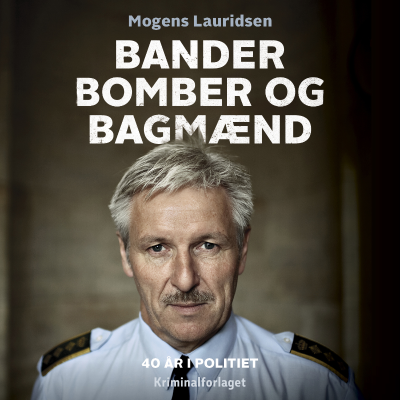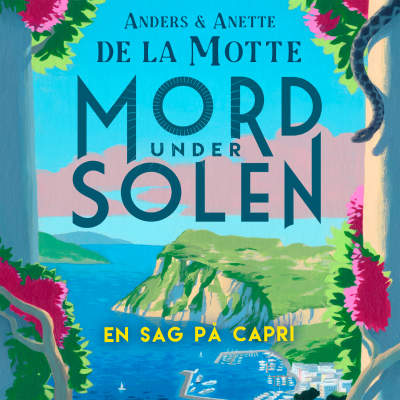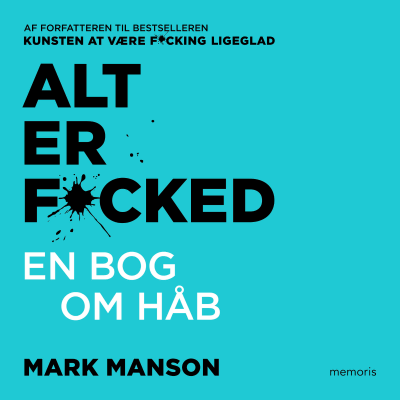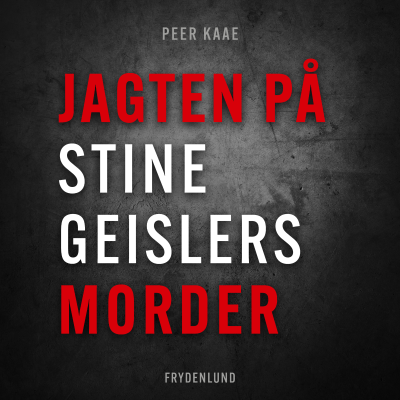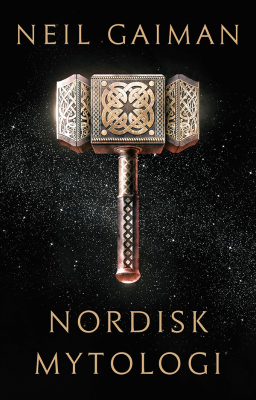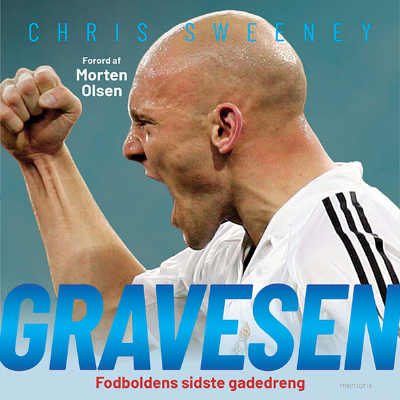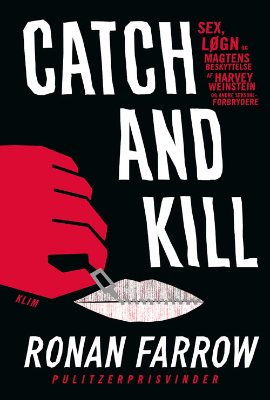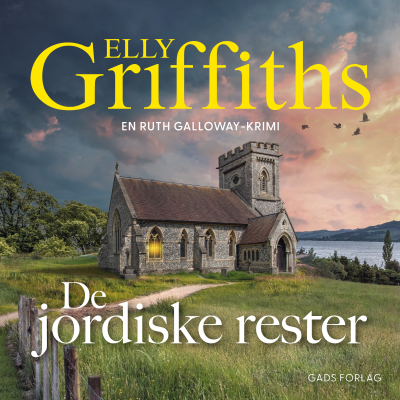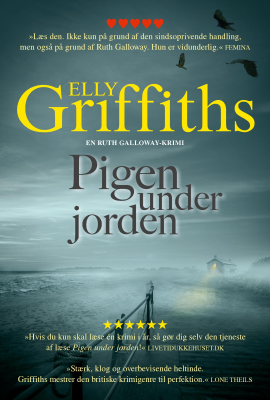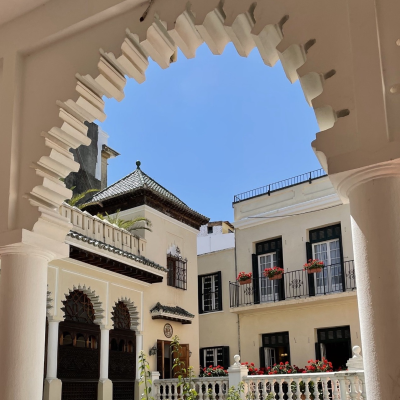
From the Tangier American Legation
Podcast af TALIM
A research/cultural center located in the Old American Legation in the medina of Tangier, Morocco
Begrænset tilbud
3 måneder kun 9,00 kr.
Derefter 99,00 kr. / månedIngen binding.
Alle episoder
62 episoderAbstract: Frustrated by the fragmented scene of modern Morocco poetry, Moroccan poet and critic Muḥammad Bennīs pens the Bayān al-Kitāba in 1981 (“Manifesto of Writing”). The manifesto, which was published in Al-Thaqafa al-Jadida, a journal Bennīs co-founded in 1974, set forth a new concept of writing steeped in Morocco’s visual culture. Throughout the Bayān, Bennīs calls for the renewal of poetry that is tied to a renewal of ways of seeing. This, he asserts, entails a critical attention to the work of both poetry and criticism, a point which the manifesto addresses as a sore subject and a challenge at the time for Moroccan poetry and poetics. He offers his own pathway, one that meanders through the visuals of the page, the Moroccan script, and the poetic image in order to recharge the body of the poem, and of the poet and reader. Through his attention to both the metaphorical and physical body, Bennīs recalls implicitly and explicitly a sedimented Andalusī poetics that had also marked the body’s importance and poetry’s transformative capacity through its turn to the language of the visual. Speaker biography: Lubna Safi is a Ph.D. candidate in the Department of Middle Eastern Languages and Cultures and in the Designated Emphasis Program in Critical Theory. She holds an M.A. in Comparative Literature from The Pennsylvania State University, where she completed a thesis on twentieth century Spanish poets and the ways they invoked and mobilized al-Andalus (Muslim Iberia) in order to negotiate Spain’s changing national, racial, and literary identities. Her dissertation, “How the Qaṣīda Sees: Vision, Poetic Knowledge, and the Transformative Capacity of Poetry from al-Andalus to the Maghrib,” examines discourses of visuality and visualization in the poetry and poetics of twelfth- and thirteenth-century al-Andalus and twentieth century Morocco. Engaging literary critical, poetic, and optical sources, the project explores how poets and critics discussed processes of visualization in poetry and the affective responses it engendered as well as its role in individual transformation and collective liberation. Bibliography: Bannīs, Muḥammad. al-Aʻmāl al-shiʻrīyah. Al-Ṭabʻah 1, Dār Tūbqāl lil-Nashr, 2002. ---. al-Shiʻr al-ʻArabī al-ḥadīth: binyātuhu wa-ibdālātuhā. Al-Ṭabʻah 1, Dār Ṭūbqāl lil-Nashr, 1989. ---. Kitābat al-maḥw. Al-Ṭabʻah 1, Dār Tūbqāl lil-Nashr, 1994. ---. “Bayān al-Kitāba. Al-Thaqāfa al-Jadīda, no. 19, 1981. ---. Fī ittijāh ṣawtiki al-ʻamūdī: shiʻr. Al-Ṭabʻah 1, Maṭbaʻat al-Andalus, 1979. Gelder, G. J. H. van, and Marlé Hammond. Takhyīl : The Imaginary in Classical Arabic Poetics. Gibb Memorial Trust, 2008.
Climate change and migration have a complex relationship, and Morocco presents an interesting case of intertwining environmental change, national development policies, and human mobilities. For her dissertation research, Rachael looks at the influence of social remittances, intangible non-material transfers across migrant connections, on climate adaptation and sustainable development in Skoura M’Daz, Morocco. Rachael Diniega is a human mobility and environment specialist. She has studied the intersection of climate change and migration since her BA at the University of Virginia, through her MA Human Rights & Cultural Diversity at the University of Essex, UK, and currently for her PhD in Geography at the University of Vienna, Austria. She has worked and done research in sustainable development and human rights across North Africa and Central Asia. During her AIMS and Fulbright research from 2021 to 2022, she completed fieldwork, including interviews, surveys, and participant observation, in Skoura M’Daz, an olive town in the Middle Atlas Mountains. Rachael previously worked there as a US Peace Corps Volunteer and was very excited to return to beautiful sunsets, couscous Fridays, and the sound of waterfalls and irrigation canals. Bibliography Crawford, D. (2008). Moroccan households in the world economy: Labor and inequality in a Berber village. Baton Rouge: Louisiana State University Press. Diniega, R., & Paredes Grijalva, D. (2021, October 23). Technically not a “climate refugee”: Legal frameworks, advocacy, and self-identification. Routed Magazine, 17: https://www.routedmagazine.com/technically-not-climate-refugee. Dun, O., Klocker, N., & Head, L. (2018). Recognizing knowledge transfers in “unskilled” and “low-skilled” international migration: Insights from Pacific Island seasonal workers in rural Australia. Asia Pacific Viewpoint 59(3), 276-292. Levitt, P. (1998). Social remittances: Migration driven local-level forms of cultural diffusion. The International Migration Review 32(4), 926-948. Paredes Grijalva, D., & Diniega, R. (2020, October 30). Thinking of environmental migration through translocality and mobilities. Refugee Outreach & Research Network blog: http://www.ror-n.org/-blog/thinking-of-environmental-migration-through-translocality-and-mobilities. Peth, S. A., & Sakdapolrak, P. (2019). When the origin becomes the destination: Lost remittances and social resilience of return labor migrants in Thailand. Area 2019, 1-11. Sakdapolrak, P., Naruchaikusol, S., Ober, K., Peth, S., Porst, L., Rockenbauch, T. & Tolo. V. (2016). Migration in a changing environment. Towards a translocal social resilience approach. Die Erde 147(2), 81-94.
Abstract: Southeast Morocco is known for its oases, dates, and diverse linguistic and cultural landscape shaped by Amazigh, Arab, African, Jewish, nomadic and agrarian exchanges. Today, this landscape is also frequently colored by watermelons and water shortages. Small-scale farmers are at the center of the changes—navigating water scarcity and market fluctuations as the region orients towards global commodity production. This research examines the perspectives of farmers and local residents in Zagora to understand how water and agriculture are changing in the rural, pre-Saharan oases of Morocco, and the impact this is having on local lives. Biography: Jamie is a U.S. Fulbright researcher studying agricultural, social, and environmental change in the southeastern oases of Morocco. Her work stems from her time as a U.S Peace Corps Volunteer in the Province of Zagora from 2018 to 2020, and focuses on the lived experience of water shortages and agricultural transitions in the region. She holds a Master of Arts from Syracuse University in Geography and a Bachelor of Arts from the University of Virginia in Middle Eastern Studies and Global Studies.
This podcast presents work related to my first book project, The Suicide Archive: Reading Resistance in the Wake of French Empire—which concludes with a chapter on suicide bombing, focused on Moroccan writer and artist Mahi Binebine’s (b. 1959) novel Les Étoiles de Sidi Moumen (2010)—and a second book project, Narrative Subversions: Strange Voices in Francophone Fiction, which explores unconventional narrative configurations and includes a chapter on narrative techniques in Binebine’s work. In the final chapter of The Suicide Archive, and in a recently published article “Dead Narrators, Queer Terrorists,” in New Literary History, I show how literary texts such as Binebine’s novel—a fictional account of the 2003 Casablanca bombings—circumvent and unsettle the established discourses around suicide bombing. Narrated by a dead terrorist from beyond the grave, Binebine’s Étoiles uses “unnatural narrative” to ethical ends, helping us to understand the prerequisites for extraordinary violence. “Unnatural” or nonnatural narratives can be broadly defined as a subset of fictional narratives that violate “physical laws, logical principles, or standard anthropomorphic limitations of knowledge” (Alber). In postmodernist fiction, unnatural narratives often draw on impossibilities conventionalized by earlier or established literary genres but deploy them in otherwise realist frameworks. Unnatural narratives might involve nonrealistic or unconventional storytelling scenarios, such as a dead or unborn narrator; a narrator that is an inanimate object; or you- narratives/second-person fiction. Mahi Binebine’s novelistic universe abounds with unnatural narratives and unconventional narrators: from his first novel, Le Sommeil de l’esclave (1992)—an extended second-person address that gives way to the memories of an enslaved woman—to his most recent novel, Mon frère fantôme (2022), which is narrated by the split or twinned personality of a touristic guide in Marrakech. Analyzing works such as these, Narrative Subversions shows how “unnatural” narratives emerge as formal solutions to historical and epistemological impasses and as a mode of ethical engagement: means of cultivating what Martha Nussbaum has called the “narrative imagination,” the ability to become an intelligent (and empathetic) reader of the other people’s stories. Dr. Doyle Calhoun is currently Assistant Professor of Language and Culture Studies (postcolonial Francophone studies) at Trinity College in Connecticut. He received his Ph.D. in French from Yale University this year, where he was an affiliate of the Yale Council on African Studies. Prior to Yale, he completed a Masters in linguistics at KU Leuven, in Belgium, where he was also a Fulbright Research Grantee. His first book project, The Suicide Archive: Reading Resistance in the Wake of French Empire, turns the difficult topic of suicidal resistance into one worthy of analysis, attention, and interpretation. Beginning in the eighteenth century and working through the twenty-first century, from the time of slavery to the so-called Arab Spring, The Suicide Archive covers a broad geography that stretches from Guadeloupe and Martinique to Senegal, Algeria, Morocco, and Tunisia, and draws on an expansive corpus of literature, film, oral history, and archival materials to plot a long history of suicide as a political language in extremis.
Abstract: Between the 1850s and 1950s, colonial schools called médersas combined elements of French and Islamic educational traditions. First created in Algeria in 1850, the schools spread to the West African colonies of Senegal, French Soudan (today Mali), and Mauritania. The place of Morocco in this history is the subject of this discussion. In the 1910s, early in the protectorate period, the French established two “collèges musulmans,” the Collège Moulay Idriss in Fes and the Collège Moulay Youssef in Rabat. These were similar to the médersas in their curriculum and institutional framework; several of their directors had experience running médersas in Algeria and Senegal. In a field that remains deeply structured by national borders and by the notion of a “Saharan Divide” between North and West Africa, this research reveals close connections between societies usually considered in isolation. Biography: Dr. Samuel Anderson is currently a Visiting Assistant Professor of History at Pomona College in Claremont, California. He received a PhD in African History from the University of California, Los Angeles, in 2018. His research focuses on education, race, and religion in northwest African Muslim societies under colonial rule. His current project examines the médersas, so-called “Franco-Muslim” schools, that combined Islamic and European curricula in a French effort to colonize Islamic schooling and the Muslim elite in the Maghrib and West Africa. He has conducted research on this topic in Algeria, Mauritania, Senegal, France, and now Morocco, with the support of the American Institute for Maghrib Studies, the Council of American Overseas Research Centers, and other organizations. Portions of this project have been published in the journals Islamic Africa and History in Africa.
Begrænset tilbud
3 måneder kun 9,00 kr.
Derefter 99,00 kr. / månedIngen binding.
Eksklusive podcasts
Uden reklamer
Gratis podcasts
Lydbøger
20 timer / måned















